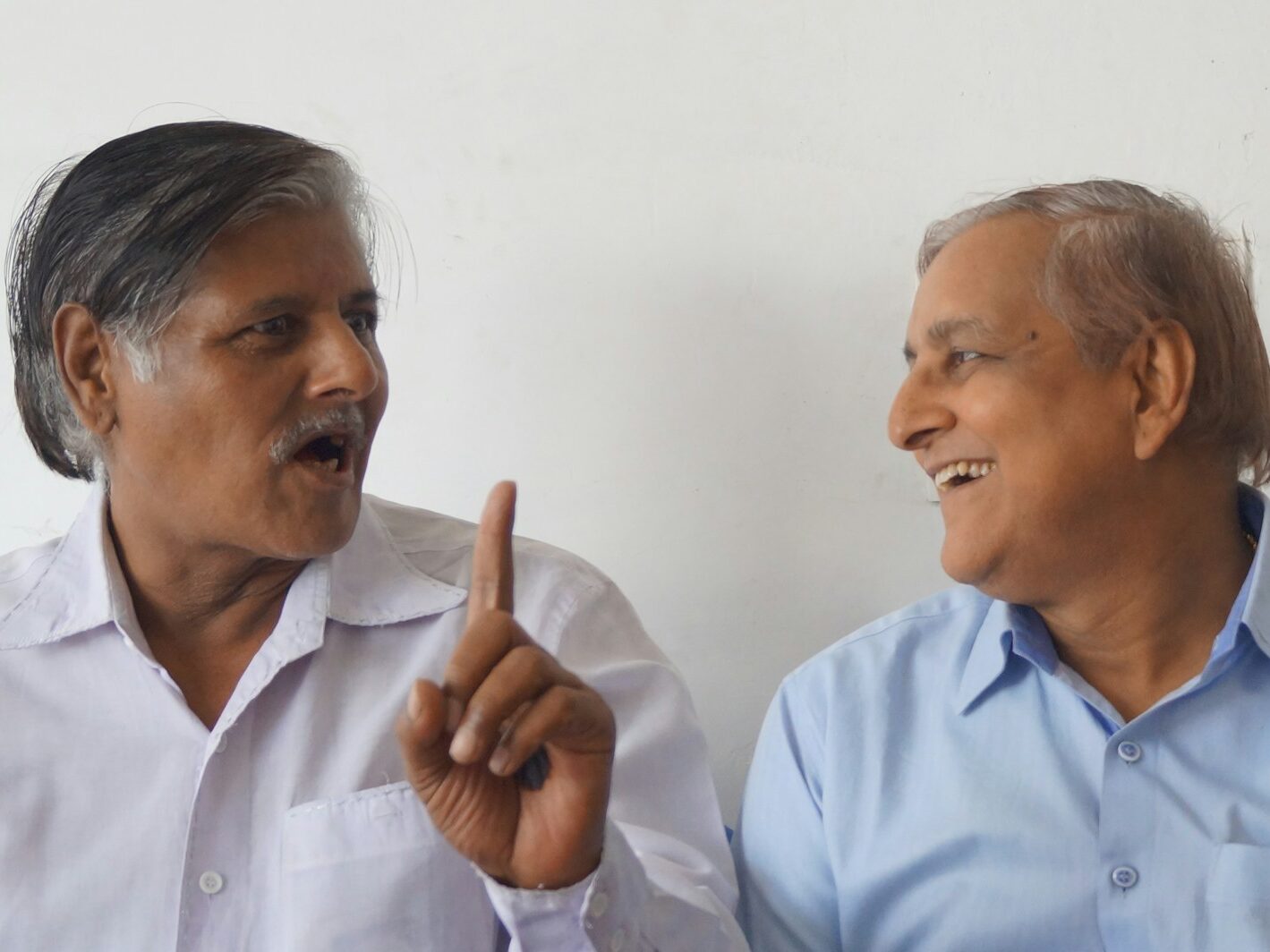
Extroverts often mean well, but their high energy, constant interaction, and love for socializing can be a lot, especially for people who don’t operate at the same speed. Not everyone wants to be “on” all the time, and for introverts or more reserved personalities, extroverted behavior can cross from fun to exhausting fast. Here are the things extroverts may not realize they’re doing that leave others feeling drained, cornered, or simply misunderstood.
Talking Nonstop Without Pausing

Some extroverts fill every silence without even noticing. They move from topic to topic, barely giving others a chance to respond. But for someone who needs time to think before speaking, it can feel like a verbal avalanche. Conversations turn into performances, and quieter folks find themselves stuck in listening mode, unsure how or when to step in.
Making Every Gathering a Big Event

Not every get-together needs music, games, and ten other people. Extroverts often thrive in groups, but when they insist on turning every hangout into a full-blown party, it leaves others feeling overstimulated or left out. Sometimes, people just want a low-key connection. The pressure to keep up with constant social energy can be exhausting, even when the intention is to include.
Putting People on the Spot

Extroverts might think they’re being playful or encouraging, but asking someone to “say a few words,” share a story, or lead a toast without warning can feel like a spotlight ambush. What seems like fun interaction to one person can feel deeply uncomfortable to another. It’s not about shyness—it’s about respecting different comfort levels with attention and pressure.
Assuming Everyone Loves Constant Company

Extroverts often recharge by being around others, but that’s not true for everyone. When they expect others to hang out all the time or treat solitude as something to fix, it can be overwhelming. People who value quiet or independence start feeling like their need for space is being dismissed or misread. Sometimes being alone is just that—alone, not lonely.
Oversharing Without Boundaries

Some extroverts dive deep into personal stories within minutes of meeting someone, expecting the same in return. But not everyone opens up that fast, and feeling pressured to match that level of vulnerability can be uncomfortable. What feels like connection for one person can feel like boundary-crossing for another. Slowing down gives others a chance to feel safe enough to share on their terms.
Calling or Dropping By Unannounced

For some, a spontaneous visit or a midday phone call is energizing. For others, it feels invasive. Extroverts who don’t think twice before calling or showing up may not realize how disruptive that can be. Not everyone is ready to shift gears at a moment’s notice. What feels like a friendly surprise can quickly turn into emotional whiplash for people who need mental prep before socializing.
Making Jokes at Someone Else’s Expense

Extroverts sometimes joke to break the ice or keep the mood light. But if those jokes come at someone’s expense—especially a quieter person—it can feel dismissive or even mean-spirited. Some people won’t speak up when they’re hurt, which makes it easy to assume everything’s fine. But humor that relies on embarrassment or discomfort rarely lands well with those who didn’t sign up to be the punchline.
Turning Every Conversation Into a Group Discussion

A one-on-one chat can quickly become a group event when an extrovert pulls others in without warning. What started as a quiet moment suddenly becomes a performance with added voices and divided attention. While extroverts thrive in these settings, others may feel overwhelmed or shut down altogether. Sometimes, people just want a focused conversation without the crowd.
Responding to Silence Like It’s a Problem

When someone goes quiet, it doesn’t always mean they’re upset or bored. But extroverts often feel the need to “fix” silence with chatter or questions. This pressure to keep things lively can be tiring for those who value pauses in conversation. Treating it like a social failure just adds unnecessary stress.
Assuming Everyone Enjoys Being the Center of Attention

Extroverts often feel at home in the spotlight and assume others do too. They might encourage someone to dance, speak up, or perform, thinking it’ll help them “come out of their shell.” But not everyone wants that kind of attention. What feels energizing to one person can feel completely overwhelming to another. Being seen doesn’t always mean being showcased.
Talking Over or Around Quieter Voices

In fast-moving conversations, extroverts may unintentionally dominate the space, cutting people off or speaking louder to carry the discussion. Quieter folks often struggle to find an opening, and by the time they’re ready to speak, the moment has passed. It’s not about volume—it’s about space. Listening more closely and pausing intentionally makes room for others to contribute.
Filling the Schedule to the Brim

Extroverts may love a packed calendar with coffee dates, dinners, events, and more, but others need downtime between plans. When every weekend becomes a whirlwind, it leaves little room to recharge. People who need slower rhythms start to dread social plans instead of looking forward to them. Sometimes, the best way to connect is by doing less, not more.
Assuming Social Skills Equal Warmth

Not everyone who’s quiet is cold, and not everyone who’s loud is kind. Extroverts can sometimes misinterpret someone’s quietness as disinterest when, in reality, they’re just slower to open up. Likewise, they may assume their own enthusiasm is always welcome, even when it feels intrusive. Emotional warmth isn’t measured in volume. Recognizing that can create more balanced relationships.
Making Everything About Group Consensus

Extroverts often make decisions by polling the group or asking for feedback out loud. For more private thinkers, this can be overwhelming or confusing. They may prefer to reflect first, then weigh in. When every decision is made in the moment with full input, it can leave others feeling rushed or overlooked. Some people process quietly—and that doesn’t mean they don’t care.
Not Realizing How Draining It Can Be

Even the most well-meaning extroverts sometimes forget that their energy can wear others out. They don’t mean to overwhelm—they’re just being themselves. But the volume, pace, and presence they bring into every room add up for those who function differently. Being mindful of that doesn’t mean muting who they are. It just means reading the room and remembering that not everyone runs on the same emotional fuel.

